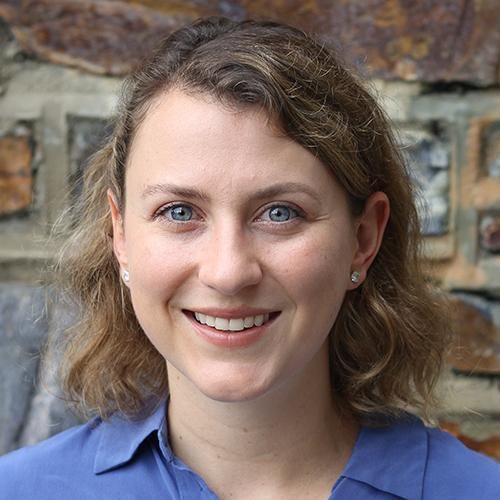Overview
Genevieve Lipp is an Assistant Professor of the Practice in Electrical and Computer Engineering and Mechanical Engineering and Materials Science at Duke University. She has recently taught courses in programming, dynamics, control systems, and robotics. Her primary areas of interest are integrating computing education in the engineering curriculum, mastery learning for programming, and engineering students’ self-efficacy.
Lipp earned a B.S.E. in mechanical engineering and a B.A in German at Duke University and an M.S and Ph.D. in mechanical engineering, in the area of nonlinear dynamics from Duke University.
Current Appointments & Affiliations
Assistant Professor of the Practice in the Department of Electrical and Computer Engineering
·
2019 - Present
Electrical and Computer Engineering,
Pratt School of Engineering
Director of Duke Engineering First Year Computing
·
2024 - Present
Pratt School of Engineering
Assistant Professor of the Practice in the Social Science Research Institute
·
2023 - Present
Social Science Research Institute,
University Institutes and Centers
Education, Training & Certifications
Duke University ·
2014
Ph.D.

